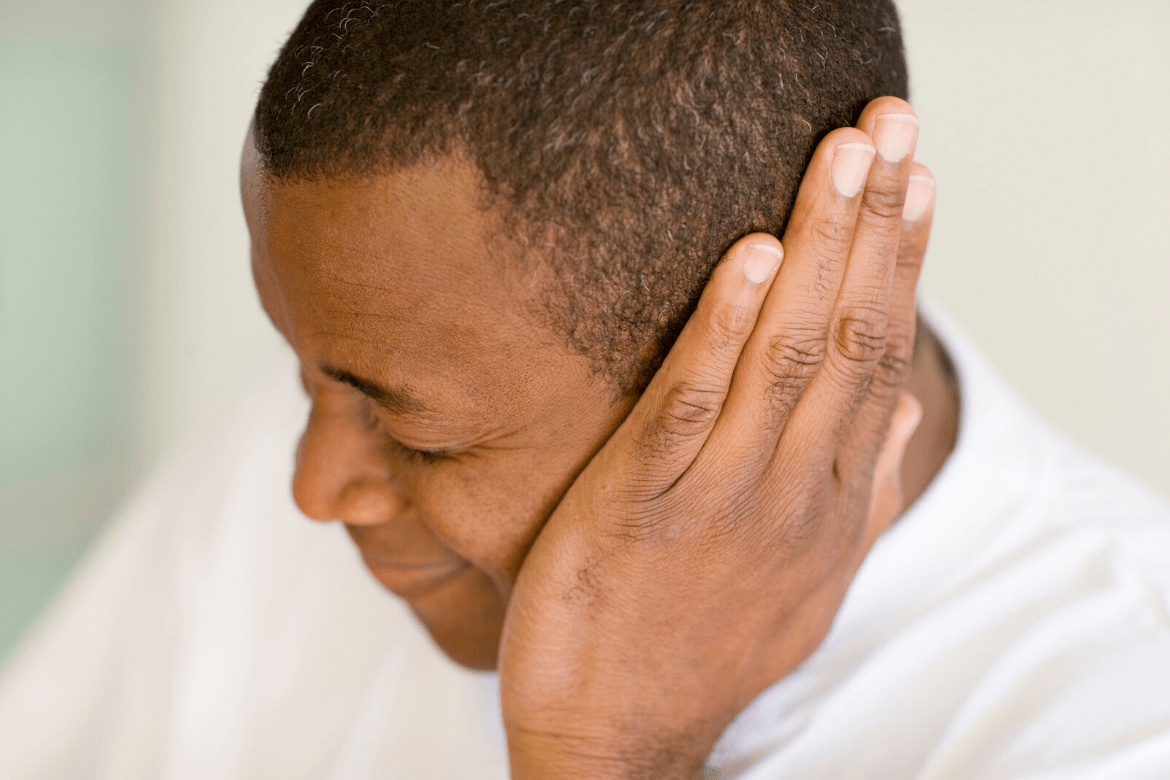Ear infections, also known as otitis media, are a common ailment that can affect people of all ages. They occur when the middle ear becomes infected, usually as a result of a bacterial or viral infection. Ear infections can be quite painful and may cause a range of symptoms, including earache, difficulty hearing, dizziness, and discharge from the ear. In severe cases, ear infections can lead to complications such as hearing loss or even brain abscess.
Symptoms of ear infections
The most common symptoms of ear infections are earache and difficulty hearing. The earache may be constant or intermittent and may be accompanied by a feeling of fullness or pressure in the ear. Some people may also experience dizziness or vertigo, which can make it difficult to balance or walk. Other symptoms may include:
Fever
Headache
Nausea or vomiting
Loss of appetite
Ear discharge (this may be clear or yellow, and may contain blood or pus)
Swelling or redness around the ear
Pain when the ear is touched or pulled
In young children, ear infections may also cause irritability, difficulty sleeping, and difficulty feeding. Children may also tug at their ears or have difficulty paying attention due to the pain.
Treatment for ear infections
Treatment for ear infections will depend on the severity of the infection and the symptoms being experienced. In many cases, ear infections will resolve on their own within a few days to a week. However, if the infection is severe or persistent, treatment may be necessary to help alleviate the symptoms and prevent complications.
Medications
Antibiotics are the most common treatment for ear infections caused by bacteria. They may be prescribed in the form of ear drops or oral tablets. It is important to complete the full course of antibiotics as prescribed, even if the symptoms improve, to ensure that the infection is fully treated.
Pain relief
Over-the-counter pain relievers, such as acetaminophen or ibuprofen, can help to alleviate earache and other pain associated with ear infections. It is important to follow the dosage instructions on the label and not exceed the recommended dose.
Home remedies
There are several home remedies that may help to reduce the symptoms of ear infections, including:
Applying a warm compress to the ear: This can help to reduce earache and swelling.
Taking over-the-counter decongestants: These can help to reduce congestion and pressure in the ear.
Drinking plenty of fluids: This can help to thin mucus and reduce congestion.
Avoiding air travel: Changes in air pressure can worsen earache and other symptoms.
Chewing gum: Chewing gum can help to relieve pressure in the ear.
Preventing ear infections
There are several steps that can be taken to help prevent ear infections:
Wash hands frequently: This can help to prevent the spread of bacteria and viruses.
Avoid exposing the ears to water: Water can enter the ear and increase the risk of infection.
Avoid smoking: Smoking can irritate the lining of the ear and increase the risk of infection.
Use a humidifier: A humidifier can help to moisten the air and reduce congestion.
Keep the ears dry: Avoid getting water in the ears when showering or swimming.
Conclusion
Ear infections are a common ailment that can cause a range of symptoms, including earache, difficulty hearing, dizziness, and discharge from the ear. Treatment may include antibiotics, pain relief, and home remedies, depending on the severity of the infection.

 Home
Home Health
Health Diet & Nutrition
Diet & Nutrition Living Well
Living Well More
More












